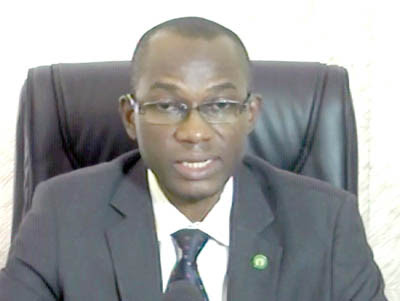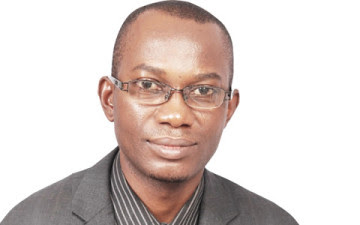Hard times here for healthcare, says former NMA boss
Immediate past President of Nigerian Medical Association and current Vice President, West Africa region of the Commonwealth Medical Association, Dr. Osahon Enabulele, took a look at Nigeria’s dwindling oil fortunes and the free fall of the Naira against the dollar and predicted a worsening situation for the nation’s health care delivery system.

Vice President, Commonwealth Medical Association West African Region
In a press statement recently, the former NMA boss who observed that the government did not do much to provide or sustain satisfactory medical services when oil prices were higher, said the sector would be worse hit with the current economic realities.
He said: “If during the times when global oil prices were attractive with oil selling for over $100 per barrel, Nigeria’s health sector was still generally challenged with poor budgetary provisions and funding for health, with a progressive reduction of the percentage allocations to health in the yearly budgets of the various levels of government, one wonders what will happen in 2015 with the sharp fall in global oil prices.” He added: “The percentage allocations to the health sector in the 2015 and 2014 Federal budgets were not inspiring as they were less than the percentage allocated to the health sector in the 2013 budget. The foregoing situation is what informs my current fears for the health of Nigerians.” He also expressed doubt over possible closure of gaps remaining in the attainment of health related components of the Millennium Development Goals, MDGs by the country. Besides, he pointed out that Nigerians would pay higher medical bills this year, given the present economic scenarios, and might fall into the hands of quacks. “I fear that if the economic challenges are not well managed and the expected funding difficulties in the health sector in 2015 is not mitigated by the various levels of government and health authorities, it may adversely affect the productivity of the work force and further worsen the economic state of Nigeria, particularly due to loss of man hours from ill-health on account of a greater number of Nigerians likely to either indulge in catastrophic health expenditures in 2015, or patronize quacks with the attendant complications to their health and well-being,” he said. Enabulele further argued that the problems would spread through the country, as according to him, states and local governments would be handicapped to finance their health systems.
He however urged all levels of government in the country to devise means of funding their health systems. He also suggested that other economic measures such as granting tax reliefs and import duty waivers to providers of healthcare and hospital equipment, as well as institute the promised Health and Hospital Development Fund would alleviate the effects. While emphasizing the need to invest more in the nation’s health sector, Enabulele declared that “the year 2015 is undoubtedly a crucial year for the Nigerian health sector and the health of Nigerians. If governments at federal, state and local levels do not explore imaginative approaches in managing the ripple effects of the global oil crisis, I am doubtful if Nigeria can successfully breast the tape in the race to the attainment of the Millennium Development Goals (MDGs).”


Comments are closed.